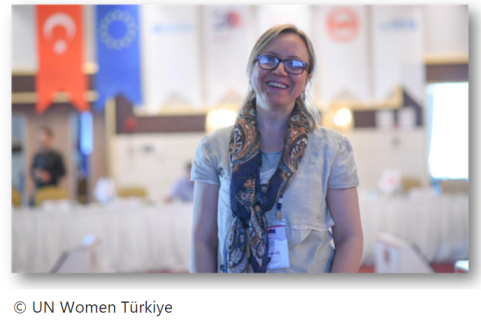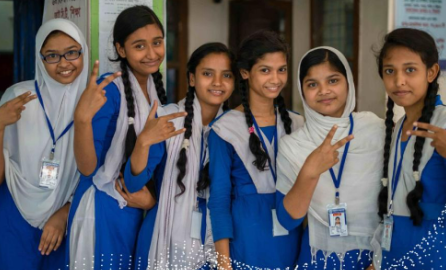Gender Budgeting in Türkiye

-
Gender marker: G2-Promotes gender equality as a primary objective
-
Period of implementation: 2020 - 2023
-
Amount: EUR 3,000,000
-
Geographical area: Western Balkans and Türkiye
-
Implementing partners:
-
Links to the project:
-
GAP III’s Areas:
-
Gender-Based Violence
-
Economic and social empowerment
-
Equal participation and leadership
-
What is Gender-Responsive Budgeting? The different private and social responsibilities and opportunities of women and men lead to different needs and priorities. Public policies and budgets that do not adequately address these differences can aggravate existing gender inequalities. Gender-Responsive Budgeting (GRB) seeks to address these real and potential impacts by working with central and local administrative budgets to assess gender funding gaps, identify actions to close them, and ensure that national and local commitments to gender equality and women’s empowerment are adequately funded.
This EU-funded project in Türkiye intends to increase national and local authorities’ awareness and understanding of the needs of a gender-responsive budget. These authorities (senior officials and staff of public institutions and municipalities, members of parliament, academics and representatives of civil society organisations) will be helped to develop gender-responsive policies, plans and programmes, and to enhance the capacity of gender advocates and women’s groups for effective monitoring.
To accomplish these aims, activities are structured around three main tracks:
-
Increasing the knowledge and awareness of public officials and senior managers on gender-responsive planning and budgeting tools through seminars, technical and in-depth trainings, online trainings and study visits to EU Member States and candidate countries
-
Conducting gender analysis of specific public services in pilot ministries and municipalities, developing a policy document on GRB and improving official budgeting and planning guidelines and budget performance indicators.
-
Establishment of a well-functioning Technical Working Group and Advisory Board on GRB in Türkiye at the national level with representatives from government institutions that play a key role in the budgeting process, and establishment of budget monitoring groups at the local level with the participation of civil society.
Commitment to the project from both partners and outsiders is very high. In fact, partners (such as the Ministry of Family and Social Services and the Presidency of Türkiye) would like to continue for an extended period with a second project phase. Despite various external unforeseen circumstances (such as the COVID-19 pandemic, the recent earthquake and backsliding in the area of gender equality), reports are that this is an exceptionally smooth ongoing project.
Despite these challenges and unforeseen circumstances, the project aims to carry Türkiye to a higher level of gender-responsive budgeting at the state and local levels, in academia and in CSOs, helping women directly while also building a foundation for future success.
“In economics, there is an assumption that macro-level policies are gender-neutral. This is the main hurdle. Secondly, awareness about gender inequality and knowledge of the budgeting process and how it is implemented in real life must exist together. In other words, experts, public officials, and all actors who are a part of the process must believe in gender equality.” Emel Memiş, Academic
